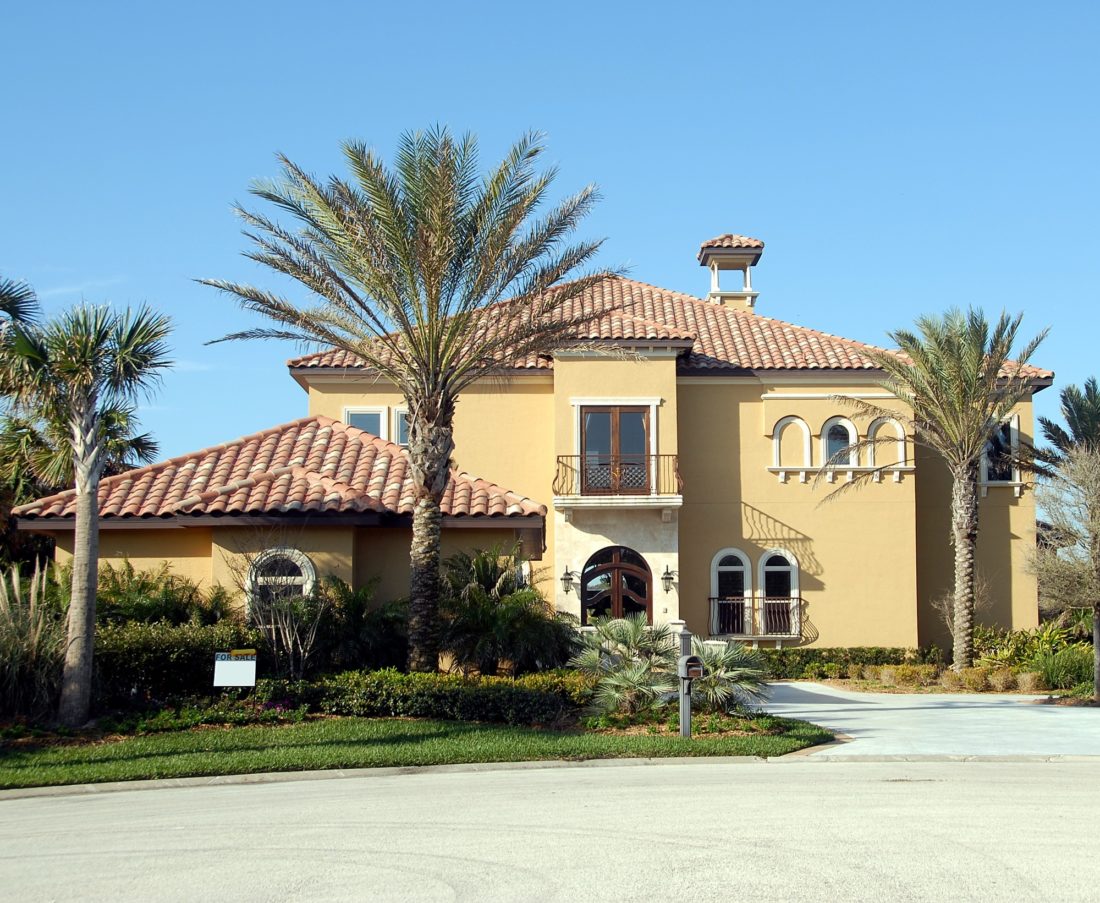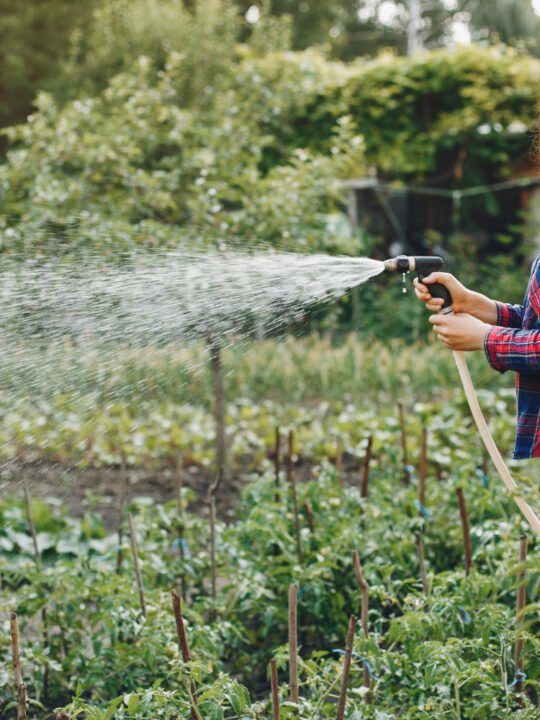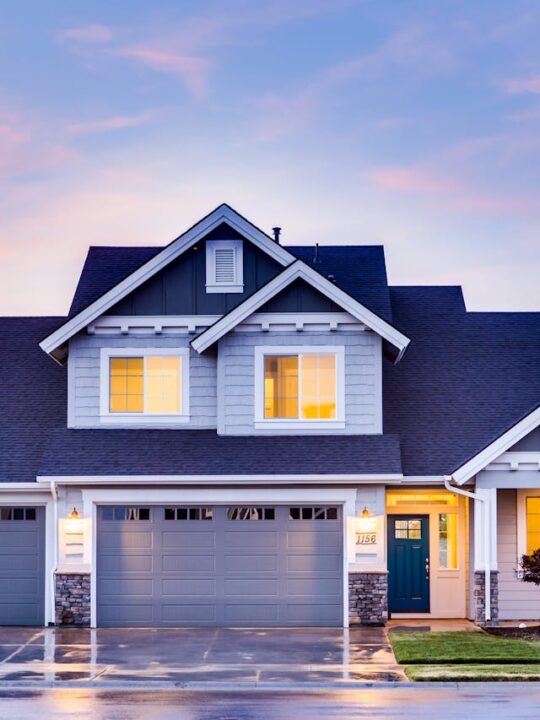 Location, location, location. You know how it goes. When it comes to finding the perfect place to raise your family, the neighborhood around your home can be almost as important as the home itself.
Location, location, location. You know how it goes. When it comes to finding the perfect place to raise your family, the neighborhood around your home can be almost as important as the home itself.
There’s an infinite amount of reasons for this. Your neighborhood will determine your home’s value in the long-run. It will also determine what schools your kids attend, where you shop, and what your commute to work is like. Where your home location is can really have an enormous impact on your life.
How can you find the best location for you? There’s a lot of factors to juggle after all. Read on and we’ll walk you through some suggestions that can help to find the best spot for you.
Table of Contents
1. Prioritize Your Values
You probably have an idea of what you want in a neighborhood. In fact, you probably have a long list ranging from the idea school nearby to the perfect place to grab a latte on the way home from work.
However, failure to properly prioritize these desires can leave you in a frenzy during a house hunt. This is a mistake that first time buyers get into a lot: wanting everything.
The reality is that no house and neighborhood is going to be perfect. No location is going to have exactly what you want. That’s why it’s important to discern the difference in your desires between necessary and not. That way when you can see a house, you can slowly work down your list and see how long it takes to hit something you don’t see in a property.
If a home has most or all of what you deem necessary but is missing that convenient coffee shop nearby, it’s probably still worth getting. After all, you’re planning to stay for a while: you never know what might crop up in the years to come.
2. Look At The Other Houses In The Neighborhood
You can learn a lot about a neighborhood by looking around at the other houses contained in it. What kind of shape the houses are in? Are homeowners keeping things up and running, or even improving them?
If homeowners are investing in their properties and adding improvements to the home, it’s a good sign that everyone who lives in the neighborhood has a strong belief in the area. If you can spot new gutters, roofing, painting, or landscaping in the yards of houses in the area, you can count as a vote of confidence.
If you see the opposite, it might be worthy of worry. Homeowners who clearly don’t feel as if there’s a point in keeping their homes in good shape might mean the value in the neighborhood is low.
3. Considerations For Your Kids
If you have kids, there are a lot more concerns for your neighborhood than you might think. If you have kids, you want them to enjoy the neighborhood just as much if not more than you do.
For example, are there places in the neighborhood to hang out? A community pool can be the perfect summer getaway for kids of any age, as can any kind of park or field to play sports in.
Your proximity to a good school is also important. You can look at the average test scores of schools in the area you’re considering and see if things feel up to snuff for your children. You can also read plenty online about reviews for schools, and can even talk to other parents in the area about their experiences.
Crime is another consideration that’s important to think about. You want to ensure that your neighborhood has a strong sense of walkability. Visit the neighborhood at night and look around. Do you feel safe? Would you feel safe with your children walking home?
It can also be worth looking into the crime rates in your neighborhood and ensuring that things aren’t too dicey. If the crime rate is high, you might not trust letting your kids just wander around. You might also be concerned about the safety of your property.
The crime rate doesn’t have to be nonexistent in the neighborhood you move into. Few places have that to offer. But a lower crime rate will help you and your family to feel more secure.
4. Who Are The Neighbors?
Making a home in a new community is just as much about the people you surround yourself with as it is the neighborhood. If you can, take the time to try to meet your would-be neighbors before making a final decision on a home.
The more you have in common with the people in your immediate proximity, the more likely you are to feel at home in this new place. Not only does checking in on this mean you’ll get a feeling if the area is the right vibe for you, but you’ll also begin to foster important relationships.
Your new home can be a lot more enjoyable if you rely on your neighbors for help and support, and make your block a pleasant place to live as a team.
Why Home Location Is Vital To Think About
When it comes to house hunting, home location is almost as important as the home itself. The community you put your roots down into needs to match your values and provide a place for you and your family to grow. The above suggestions can help you remember what to keep in mind during your hunt.
Need more advice, tips, and tricks? Check out our real estate page for more.







